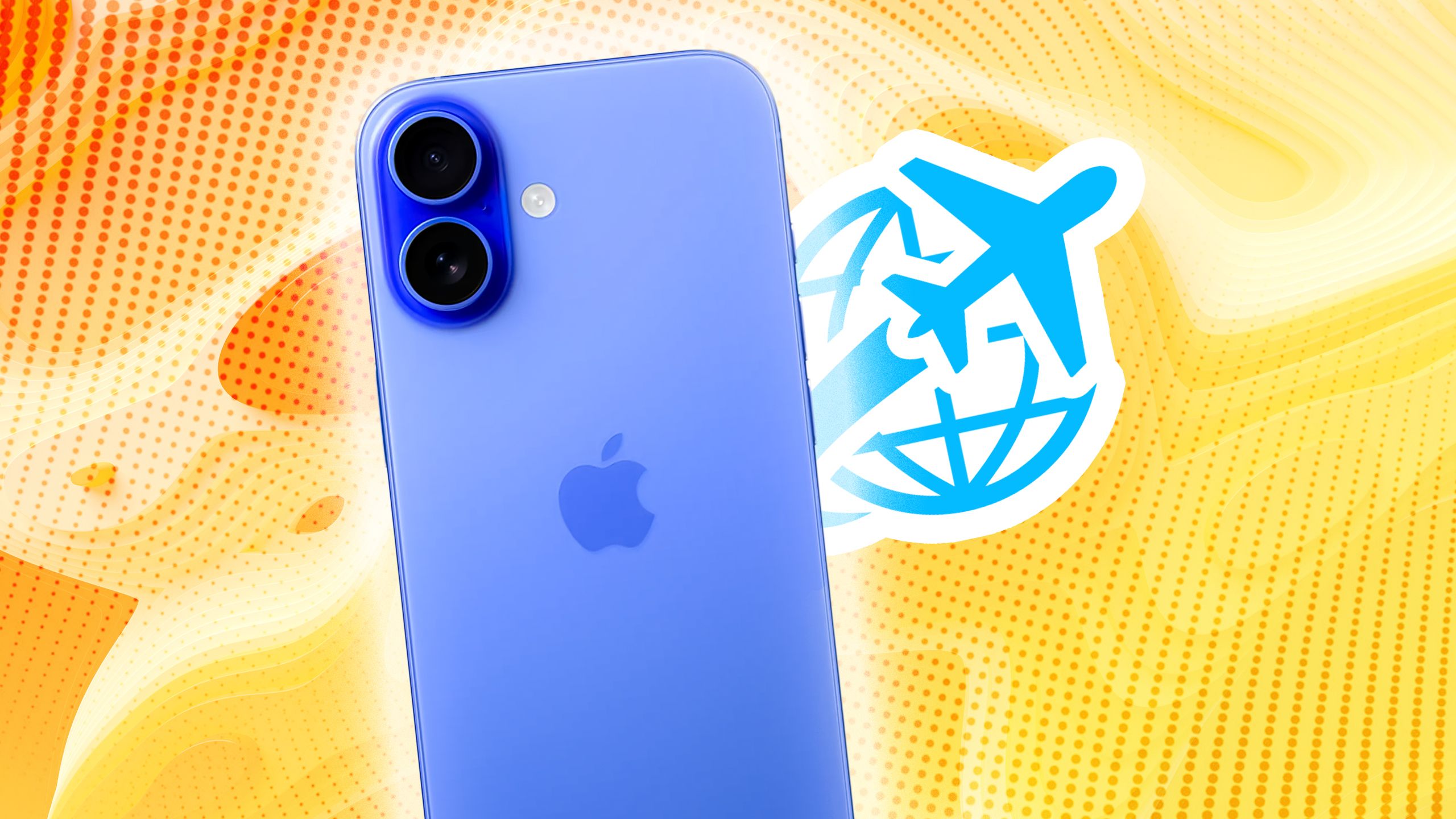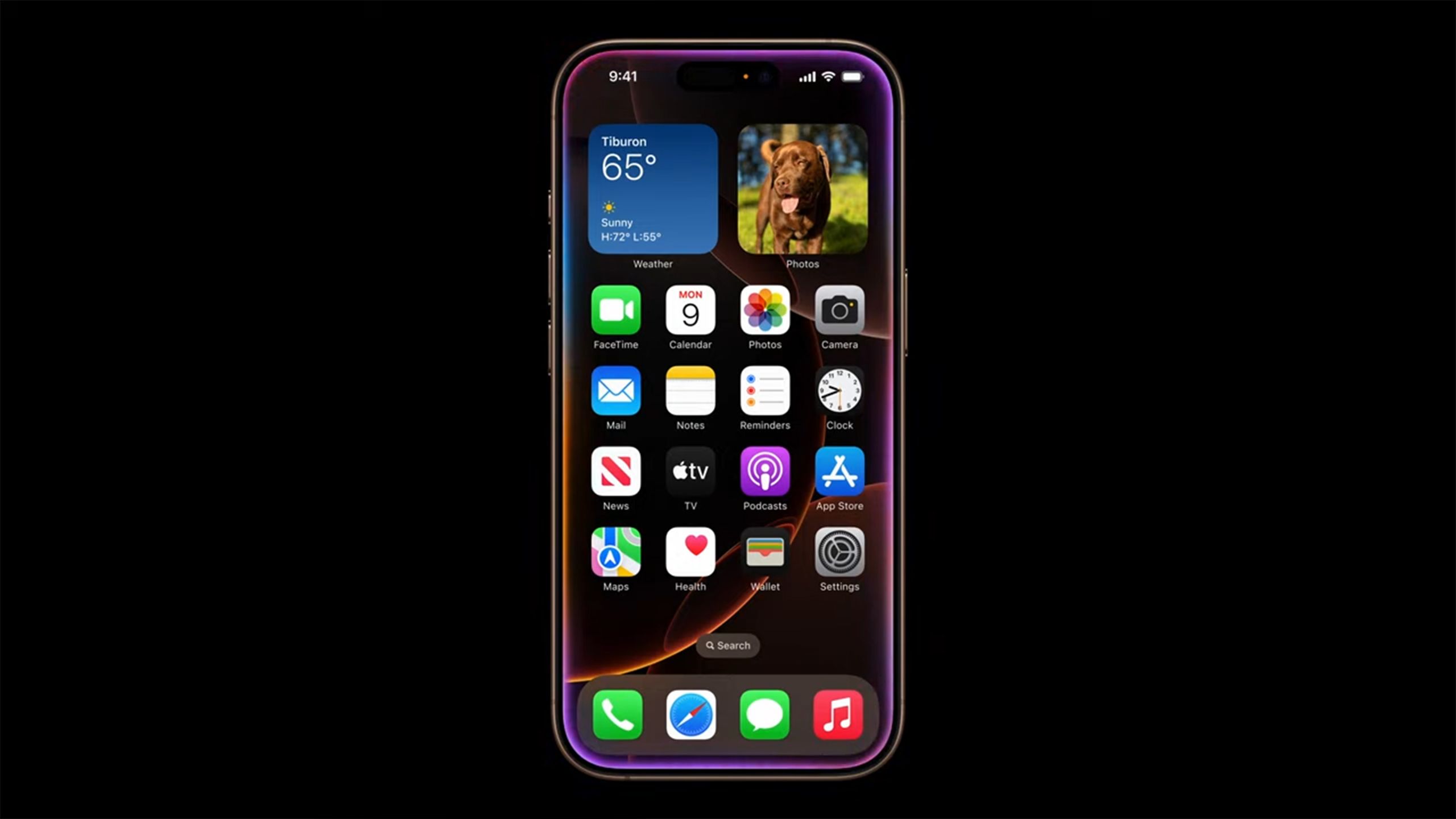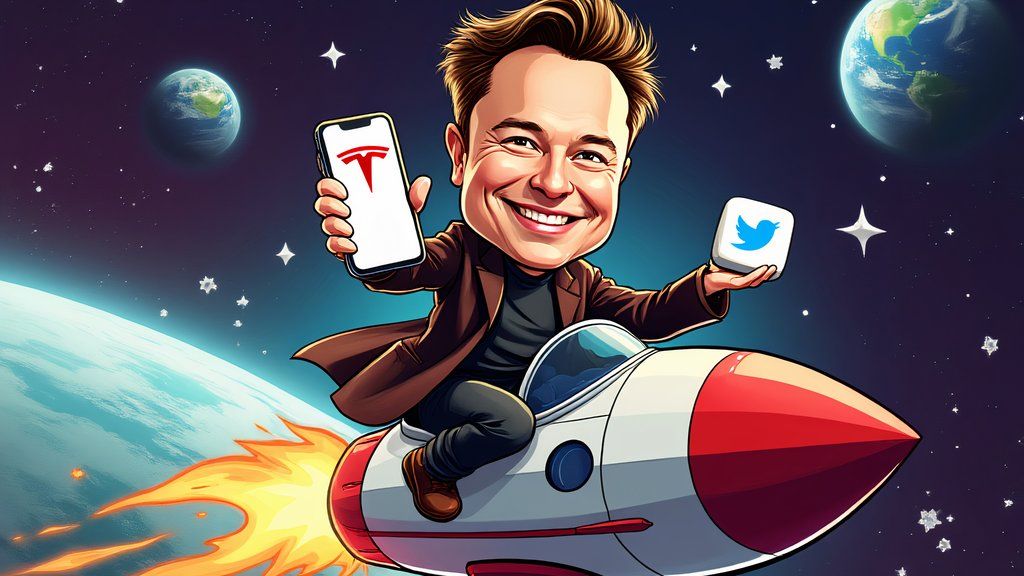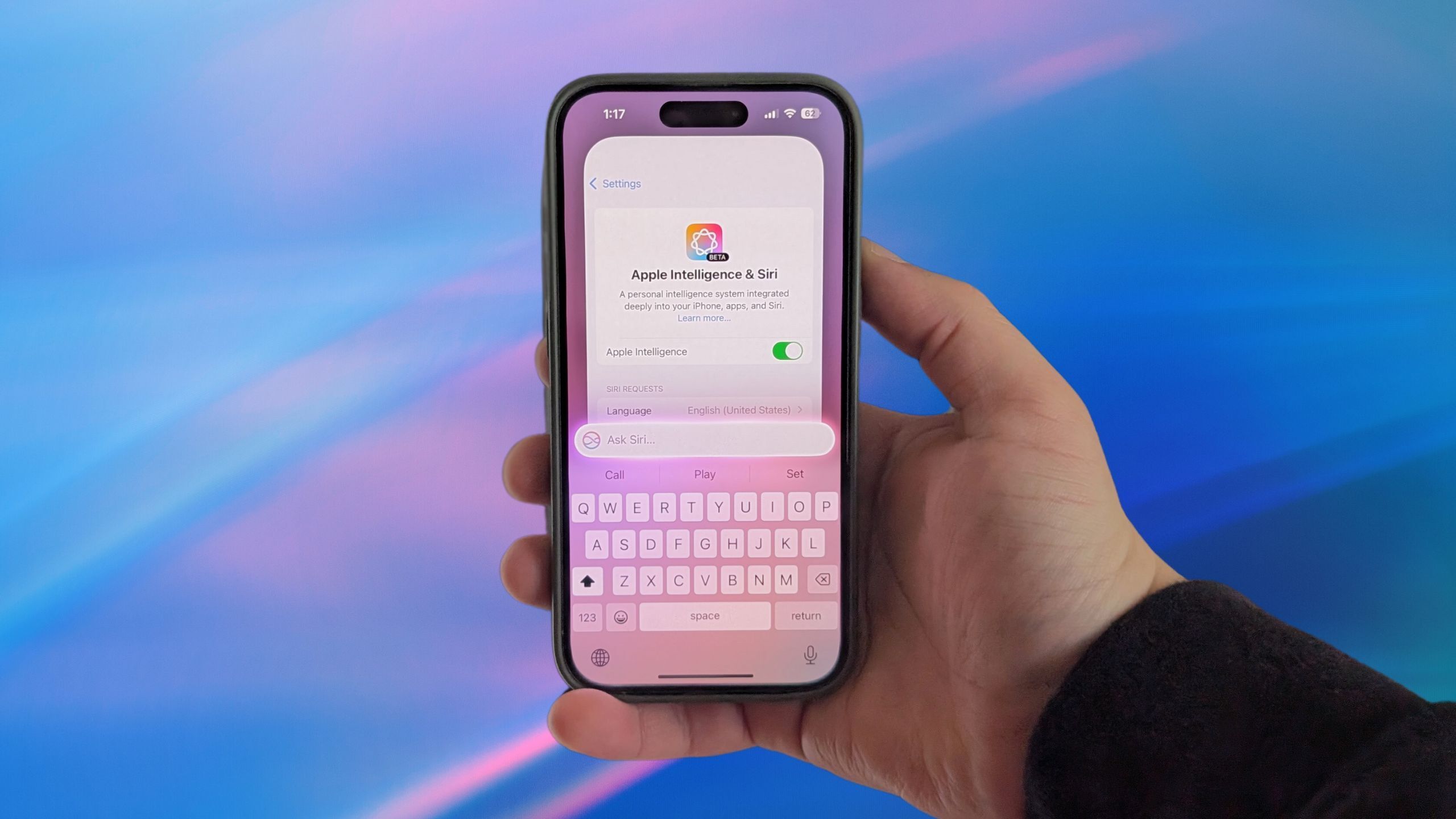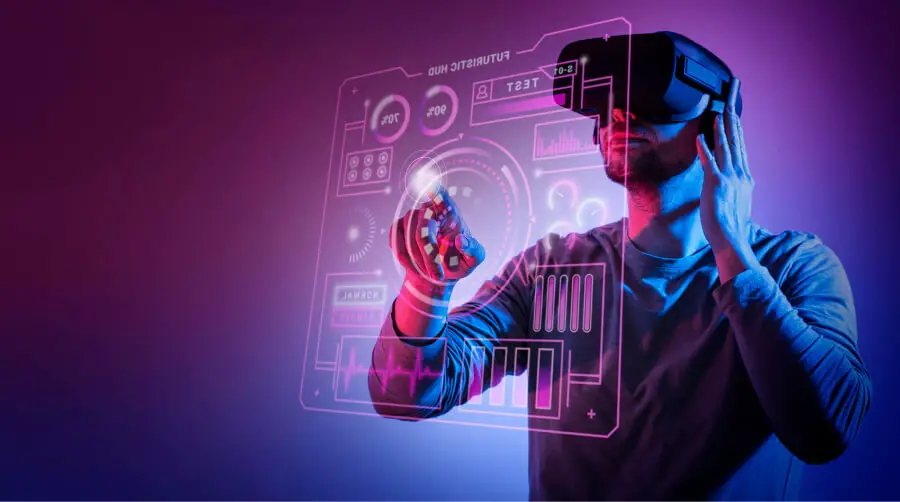Summary
- It’d be great if the third-party AI hooks in Apple Intelligence extended to all phones.
- There would be numerous benefits to privacy, personalization, and avoiding problematic platforms.
- There’s no sign that anyone’s following Apple’s lead, however.
When Apple revealed Apple Intelligence at WWDC 2024, one of the things that raised some eyebrows was its plan to push some Siri requests to ChatGPT. It’s strange, on the surface, that a company worth over $3 trillion would need help with AI, especially when it’s famous for favoring in-house solutions. Sometimes whether it makes sense or not — as people led into the Australian outback by the 2012 version of Apple Maps can attest.
With the apparent confirmation that Google Gemini is coming to Apple Intelligence (via 9to5Mac), however, it occurs to me that third-party AI hooks are wise for a variety of reasons. Some of these are specific to Apple, but I feel like phone AI, in general, should move to a modular approach, mostly for the sake of us end users.
Privacy barriers and Siri’s shortcomings
Physician, know thyself
Apple
Practically speaking, Apple probably didn’t have a choice if it wanted to hurry Apple Intelligence out the door for the iPhone 16. The company is rumored to be working on its own large language model (LLM) similar to ChatGPT, but that’s coming in 2026, at the earliest. Even then it’s unlikely to go toe-to-toe with rivals, which have enjoyed a lengthy headstart.
A modular approach also improves privacy.
ChatGPT gave Apple a way to add an LLM shine to Apple Intelligence without having to fix how Siri answers knowledge questions. On its own, Siri is infamously bad at answers, frequently prompting users to tap a web result link on their iPhone — even if they’re talking to a HomePod. Isn’t bypassing tedious web searches part of the point of a voice assistant?
A modular approach also improves privacy. In the way Apple is handling things, at least, add-on AI doesn’t get automatic access to everything on your phone. There are advantages to that — which is probably why Apple is working on an LLM — but we should be encouraging the idea of selective data handoff, certainly in an era when you can’t trust what every company is going to do with it.
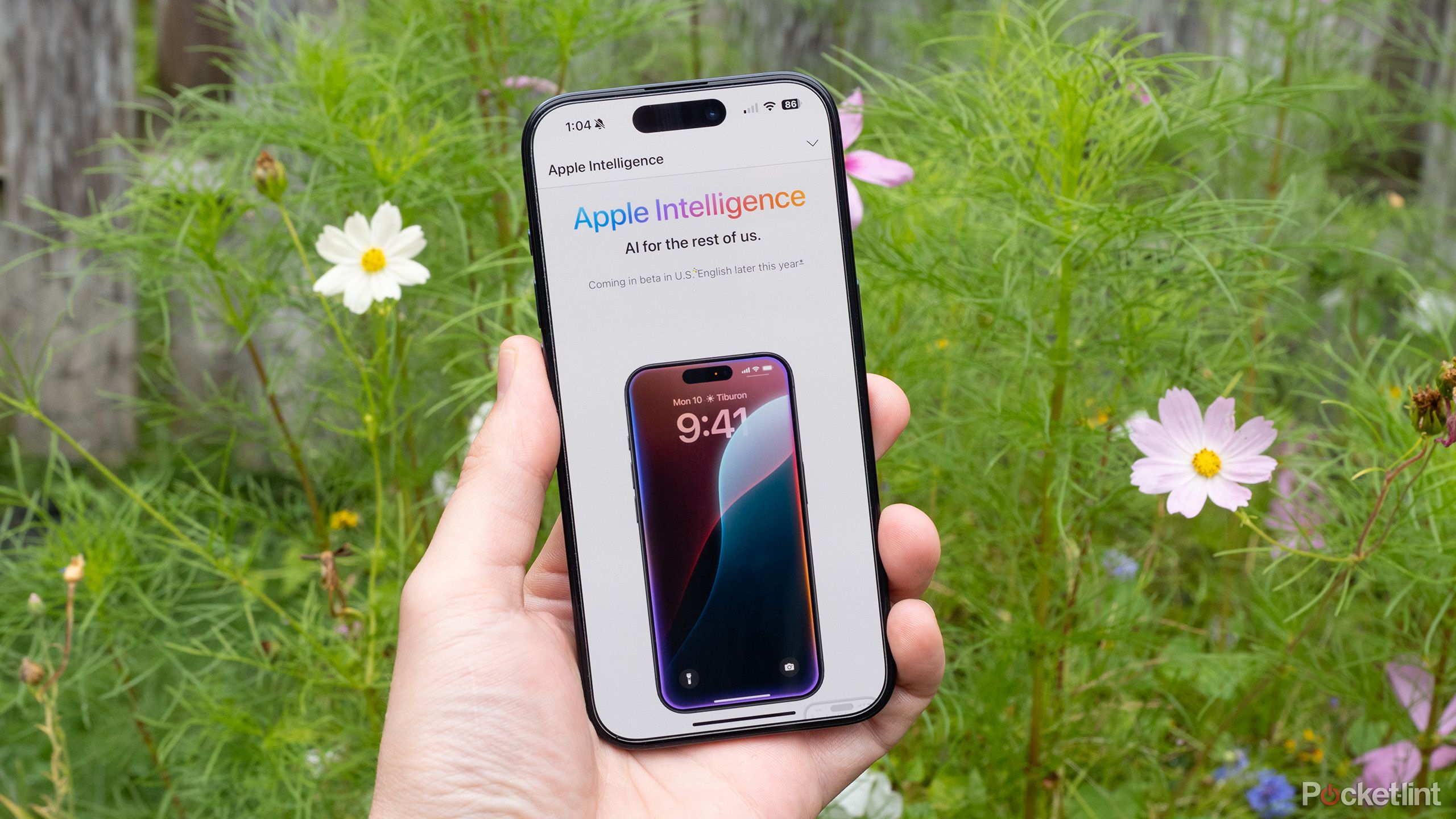
Apple is being overly ambitious with Apple Intelligence, and it knows it
Apple’s goal is worth pursuing, but the company may be a little overeager to get there.
Personalization and the monopoly on thought
Don’t trust any one algorithm
Midjourney / Pocket-lint
Already, some AI models are proving better than others at common tasks. While ChatGPT might be the best for knowledge questions, Gemini is ahead of Siri in smartphone and smart home control. When it comes to image generation, I’d rather turn to a dedicated tool like Midjourney.
When everything is handled by a single AI model, there’s the risk of users being funneled down a single path of thought by algorithms.
It’s probably not going to happen for competitive reasons (more on that later), but in a more user-friendly world, every phone would let us mix plug-in AIs instead of forcing us to use separate apps. Putting aside the issue of which AI is best at a given task, we all have personal preferences. I like Midjourney for AI art, but someone else might genuinely prefer DALL-E or Gemini, and they should have that option. Certainly, Apple should consider supporting image generator add-ons given how weak Image Playground is at the moment.
A greater concern is that when everything is handled by a single AI model, there’s the risk of users being funneled down a single path of thought by its algorithms. Consider that Grok briefly blocked results, saying that Elon Musk and Donald Trump spread misinformation (via Fortune). Even ignoring politics, any AI platform is going to reflect the priorities and biases of its creators — Apple sometimes plays it a little too family-friendly with content, which is one reason Image Playground isn’t that useful. The medium influences the message, to twist Marshall McLuhan a little bit, so stacking one platform against another can be important for opening up perspectives.

7 of Elon Musk’s most ludicrous claims from the Cybercab launch
The unveiling of the Cybercab was full of cars, robots, and nonsense.
What happens when a platform crumbles?
The importance of fallbacks
X / Grok
Something the tech industry has yet to grapple with is that some of the generative AI platforms around today are bound to merge, worsen, or disappear completely. An all-in-one phone AI is a potential solution to that, but also a potential threat. Imagine if Gemini were to take a Grok-like turn, or hallucinate even more than it does now — it’d render a core component of Android phones useless, forcing people back to siloed third-party apps.
Assuming Apple maintains or expands its add-on system, that should give it an inherent resilience. We’ll always be stuck with Siri for some commands, but for others, we’ll be able to trade out platforms as necessary. Or at least, we should be able to. The company could decide to remove alternatives once its LLM is ready, but it would be odd for Apple to build an elaborate add-on framework only to abandon it a few years later. On top of that, it’s not out of the woods yet when it comes to antitrust investigations, so closing off third parties would be inviting legal trouble.
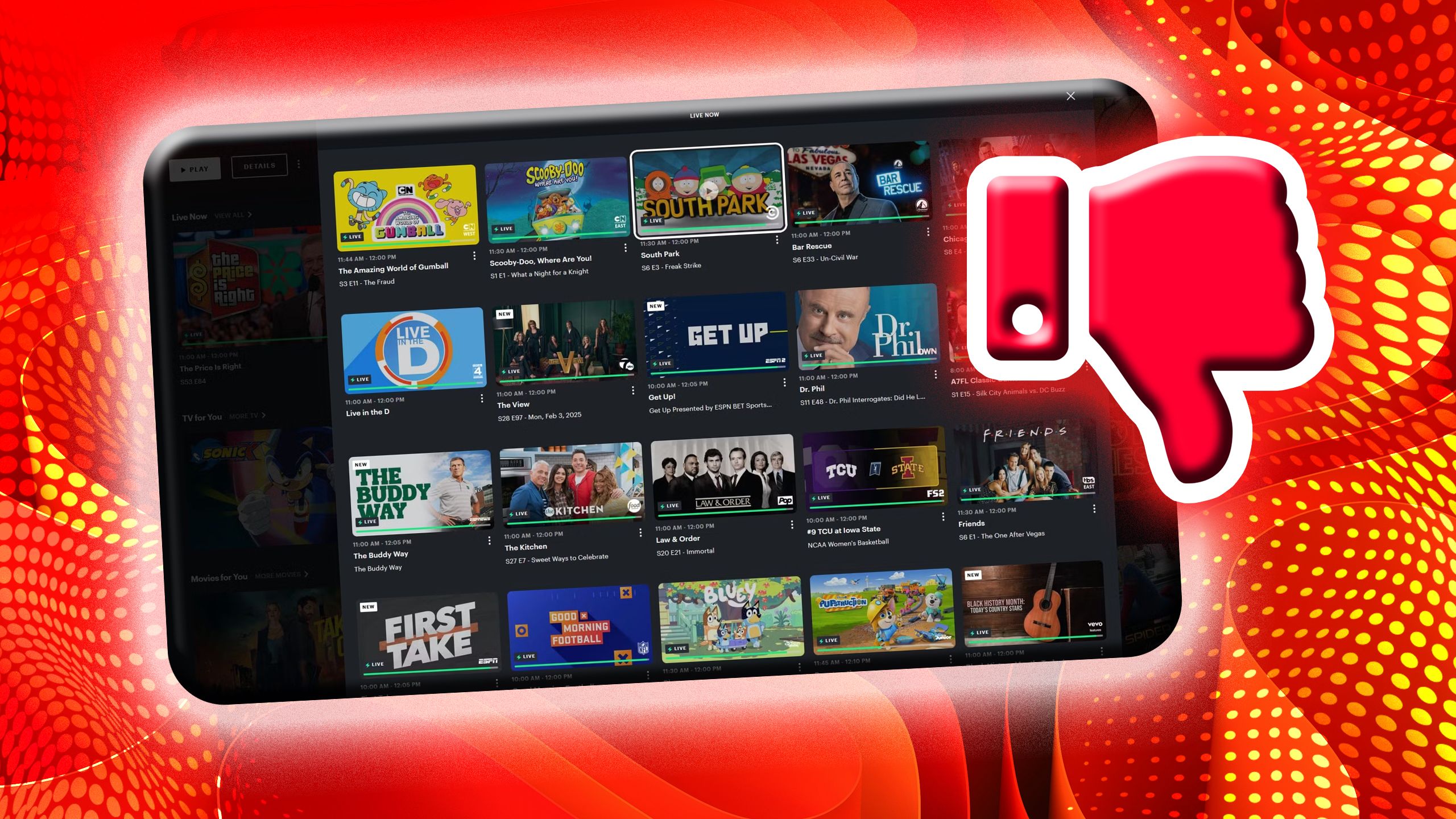
Why I’m done with YouTube TV (and all other live streaming services) forever
Don’t keep paying for live TV just because it’s a habit.
The dream of an add-on world
Are there any realistic prospects?
Sadly, I’m expecting the current add-on landscape to freeze, possibly all the way up through 2030 or later. Apple might decide to add more options beyond ChatGPT and Gemini, but there’s been no sign of that yet, much less it being willing to support multiple platforms at once. As for Google, it has too much incentive to lock everything into Gemini — it wants you exposed to the services where it can generate ad and subscription revenue, such as Google Search and Google Maps. I should mention that Samsung has effectively given up on Bixby, handing over the reins to Gemini for most AI tasks on the Galaxy S25.
I’m expecting the current add-on landscape to freeze, possibly all the way up through 2030 or later.
All that said, the tech industry can be unpredictable. Just as Nokia and RIM didn’t expect to be steamrolled by Apple, none of the AI tech giants expected to face competition like DeepSeek. DeepSeek or something like it could upend what we expect from phones, and legal challenges could force platforms to become more friendly to add-ons. We’ll just have to wait and see how the market develops.
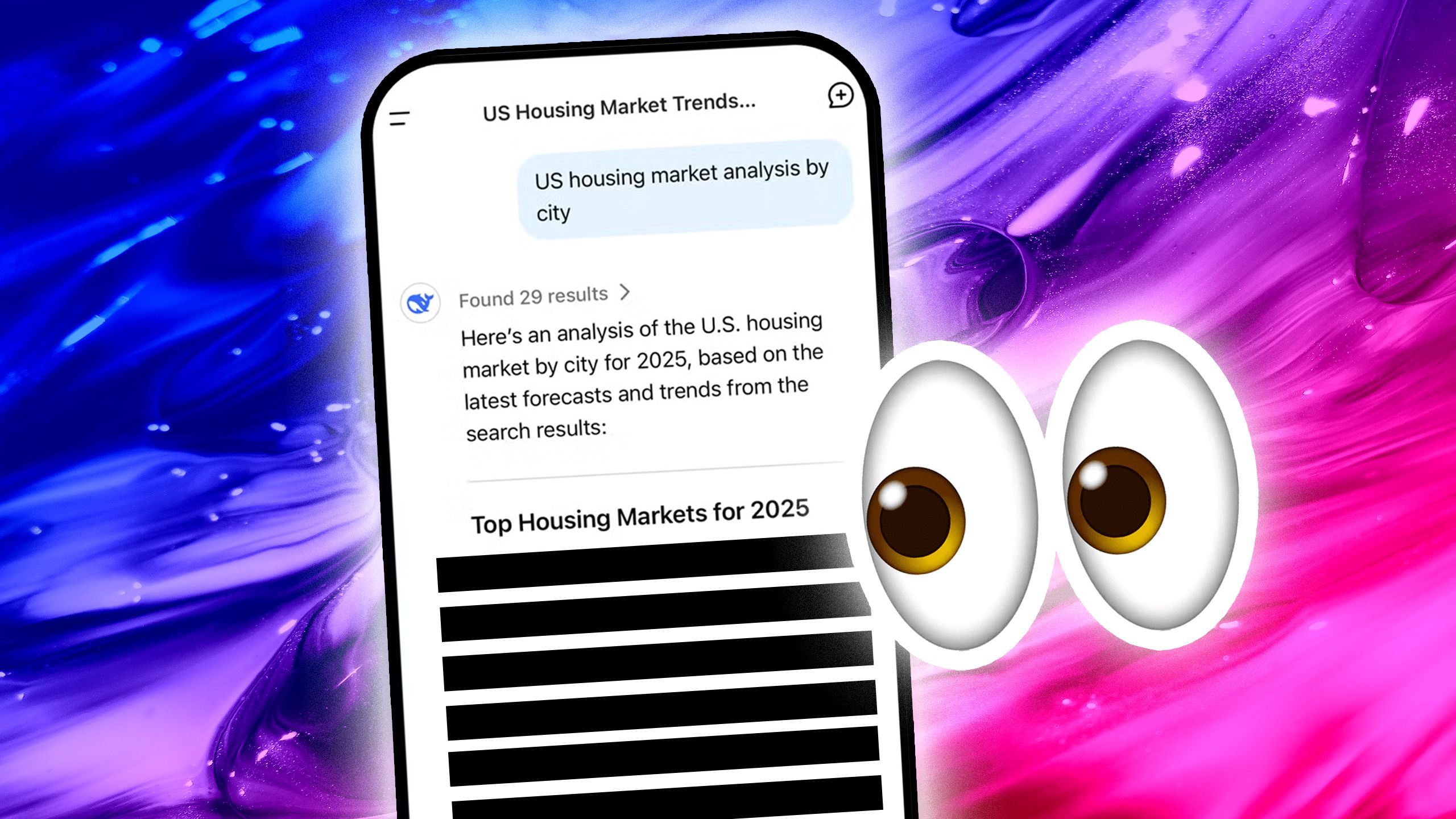
I downloaded Deepseek to see how censored it really is
Don’t expect it to be fully honest with politically sensitive topics.


